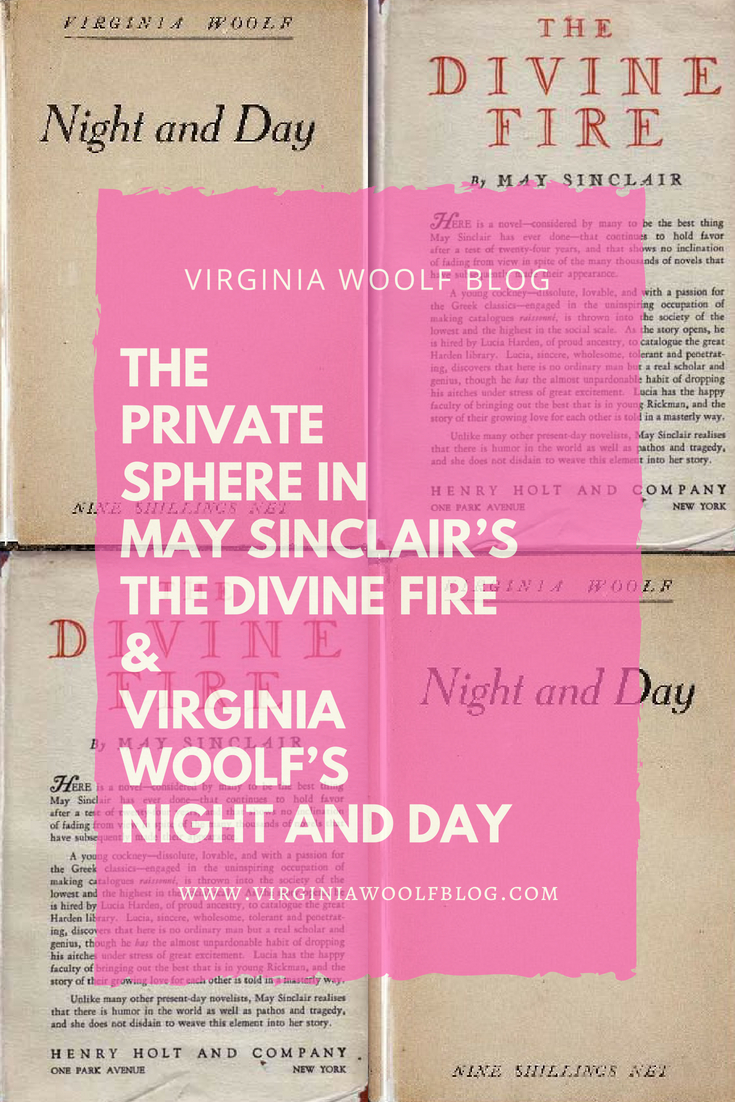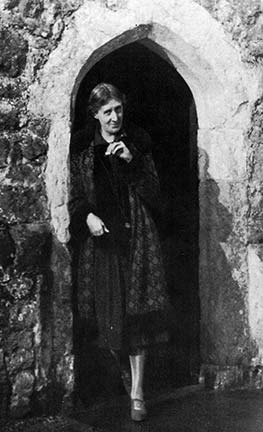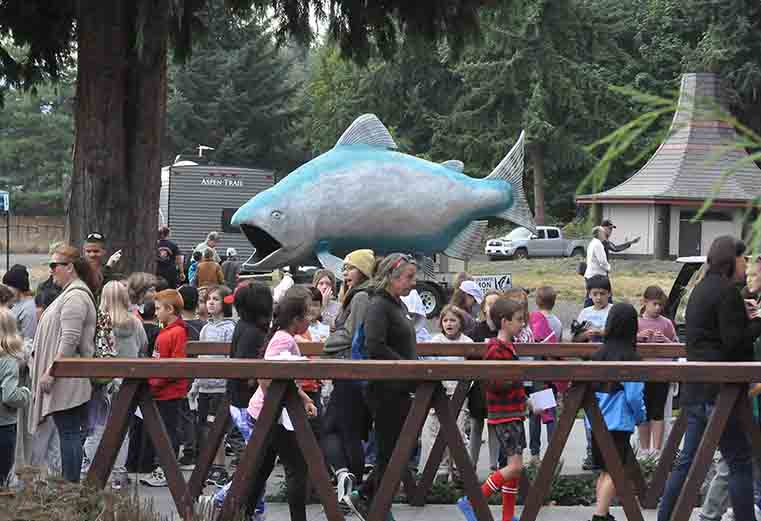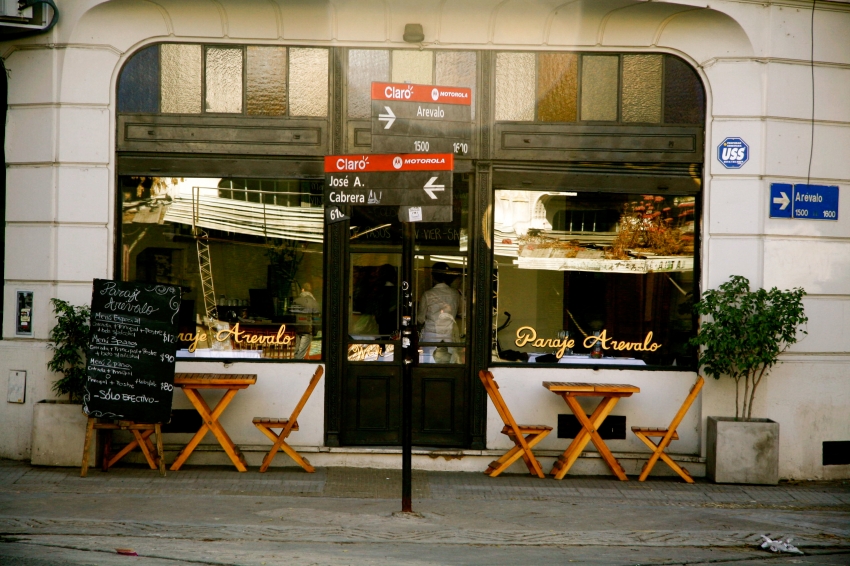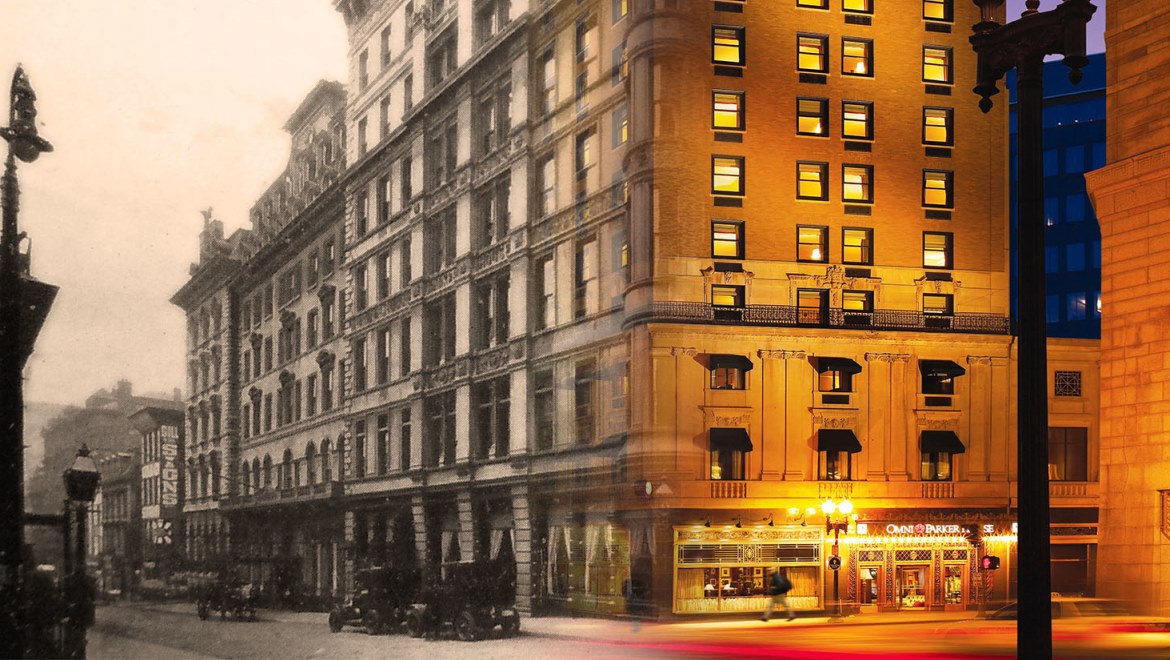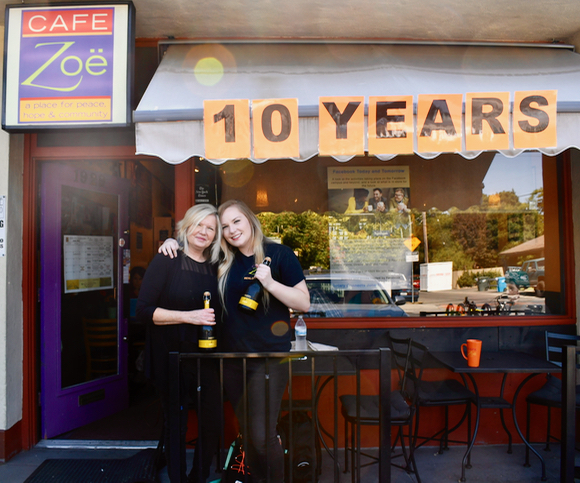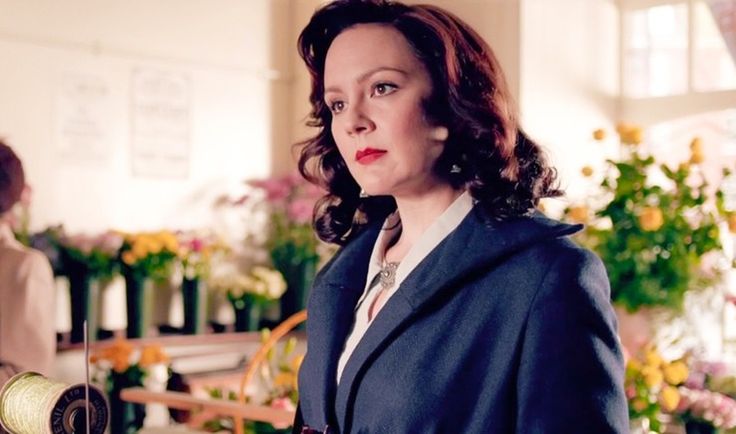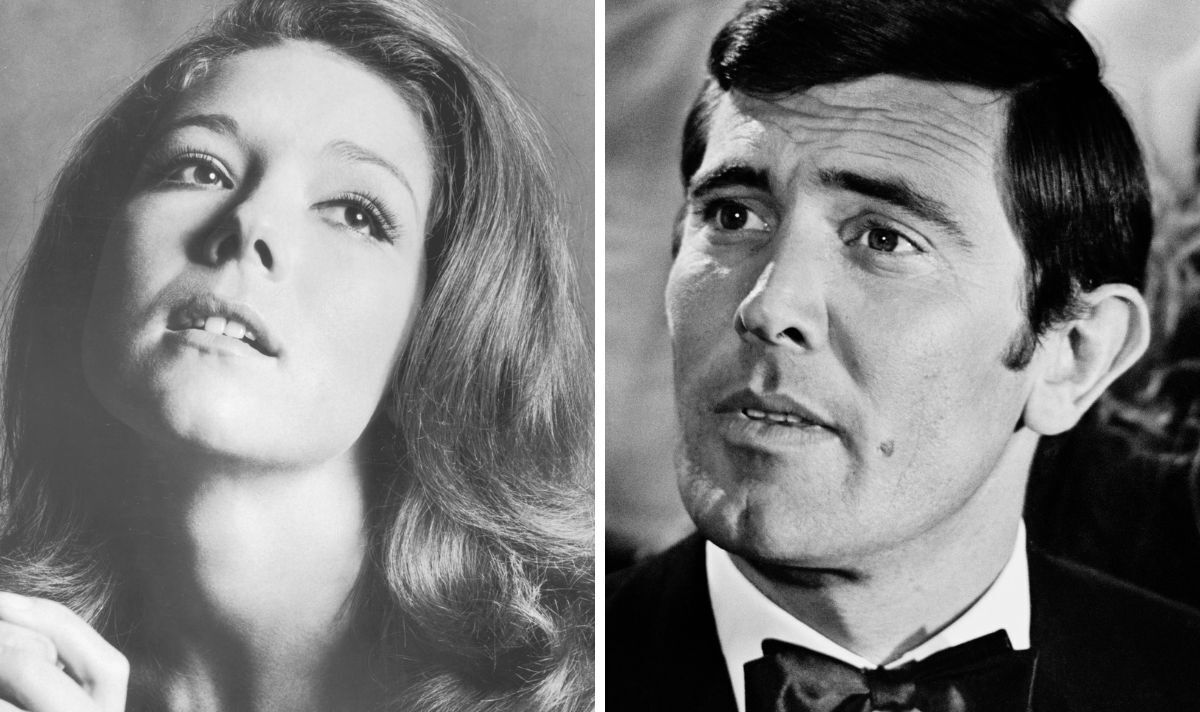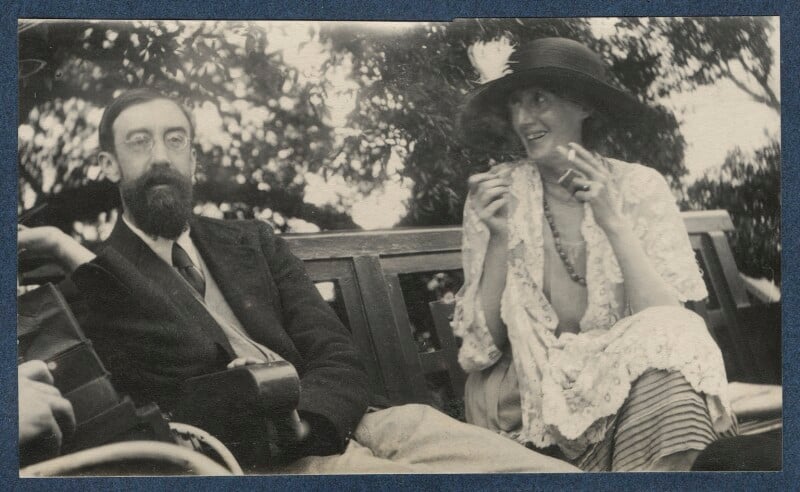
Lytton Strachey was a writer, member of the Bloomsbury group and close friend to Virginia Woolf. Although he was homosexual, Strachey wanted to be married, possibly to avoid being identified as gay or to increase his social status, and thought Virginia, with her intelligence and beauty, would make more than a suitable bride for him.
On February 17th in 1909 Strachey officially proposed to Virginia, yet as soon as the words left his mouth he immediately regretted his decision. He later described the moment in a letter to his friend Leonard Woolf a few days after the event:
“The day before yesterday I proposed to Virginia. As I did it, I saw that it would be death if she accepted me, and I managed, of course, to get out of it before the end of the conversation. The worst of it was that as the conversations went on, it became more and more obvious that the whole thing was impossible. The lack of understanding was so terrific! And how can a virgin be expected to understand? You see she is her name. If I were either greater or less I could have done it and I could either have dominated and soared and at last made her completely mine, or I could have been contented to go without everything that makes life important. Voilà! It was, as you may imagine, an amazing conversation. Her sense was absolute, and at times her supremacy was so great that I quavered.”
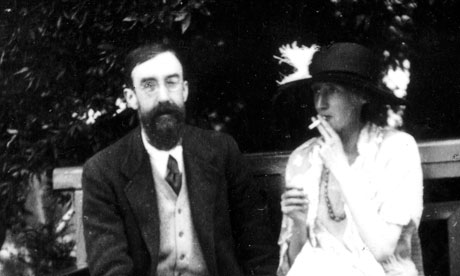
Strachey, in fact, did not get out of it by the end of conversation and instead waited until the next day to retract the proposal. Virginia was surprisingly understanding and politely agreed to break off the engagement. Strachey wrote about the failed proposal again the following month in a letter to his brother James:
“In my efforts to escape, I had a decided reverse the other day. I haven’t mentioned the incident before for various reasons. On Feb. 19 I proposed to Virginia, and was accepted. It was an awkward moment, as you may imagine, especially as I realised, the very minute it was happening, that the whole thing was repulsive to me. Her sense was amazing, and luckily it turned out that she’s not in love. The result was that I was able to manage a fairly honorable retreat. The story is really rather amusing and singular, but its effect has been to drive me onto those shoals more furiously than ever! I need hardly mention the immense secrecy of the affair.”
Perhaps out of guilt or a need to remedy the situation, Strachey wrote to Leonard Woolf, who was working as a civil servant in Ceylon, after he retracted his proposal and urged him to marry Virginia instead. Leonard was intrigued by the idea but nothing ever came of it until a few years later when he finally returned to London and the two began dating. Virginia and Leonard Woolf later married in 1912.
Despite the failed proposal, Strachey and Virginia Woolf remained close friends for the rest of their lives. Strachey even dedicated his first book, “Queen Victoria,” to Virginia in 1921.
Strachey never did marry but he had numerous homosexual and a few heterosexual affairs with other Bloomsbury group members throughout his life.
Sources:
The Guardian; Confessions of a Bohemian; David Jays; March 19 2005: http://www.guardian.co.uk/books/2005/mar/20/biography.features
The Telegraph; Bloomsbury’s Final Secret; Paul Levy; March 14 2005: http://www.telegraph.co.uk/culture/books/3638752/Bloomsburys-final-secret.html
Virginia Woolf; Quentin Bell; 1972
New York Times; Books of the Times; Charles Poore; December 29 1956: http://www.nytimes.com/books/00/12/17/specials/woolf-strachey.html

